Keynote

Prof. Luonan CHEN 陳洛南教授
Professor and Executive Director, Key Laboratory of Systems Biology, Shanghai Institute of Biochemistry and Cell Biology, Chinese Academy of SciencesRead More

Prof. Gene BREWER
Professor, Psychology at Arizona State UniversityRead More

Prof. Miguel CASTELO-BRANCO
Prof. Miguel CASTELO-BRANCO
Professor of University of Coimbra and Director of the Coimbra Institute for Biomedical Imaging and Translational Research (CIBIT), PortugalRead More

Prof. Qiyong GONG 龔啟勇 教授
Professor and Director, Huaxi MR Research Center (HMRRC) of the Dept. of Radiology, West China Hospital of Sichuan University, China.Read More

Prof. Lingjie KONG 孔令傑 教授
Associate professor, Tsinghua University, Beijing.
Read More
Prof. Tatia Mei-Chun LEE 李湄珍 教授
Chair Professor of Psychological Science and Clinical Psychology, Hong Kong UniversityRead More
Guest
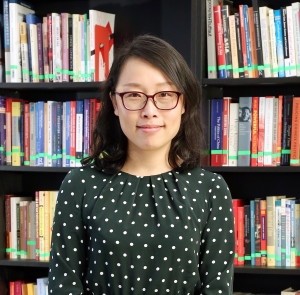
Prof. Peilian CHI 池培蓮 教授
Associate Professor of the Faculty of Social Sciences and Centre for Cognitve and Brain Sciences, University of Macau
Read More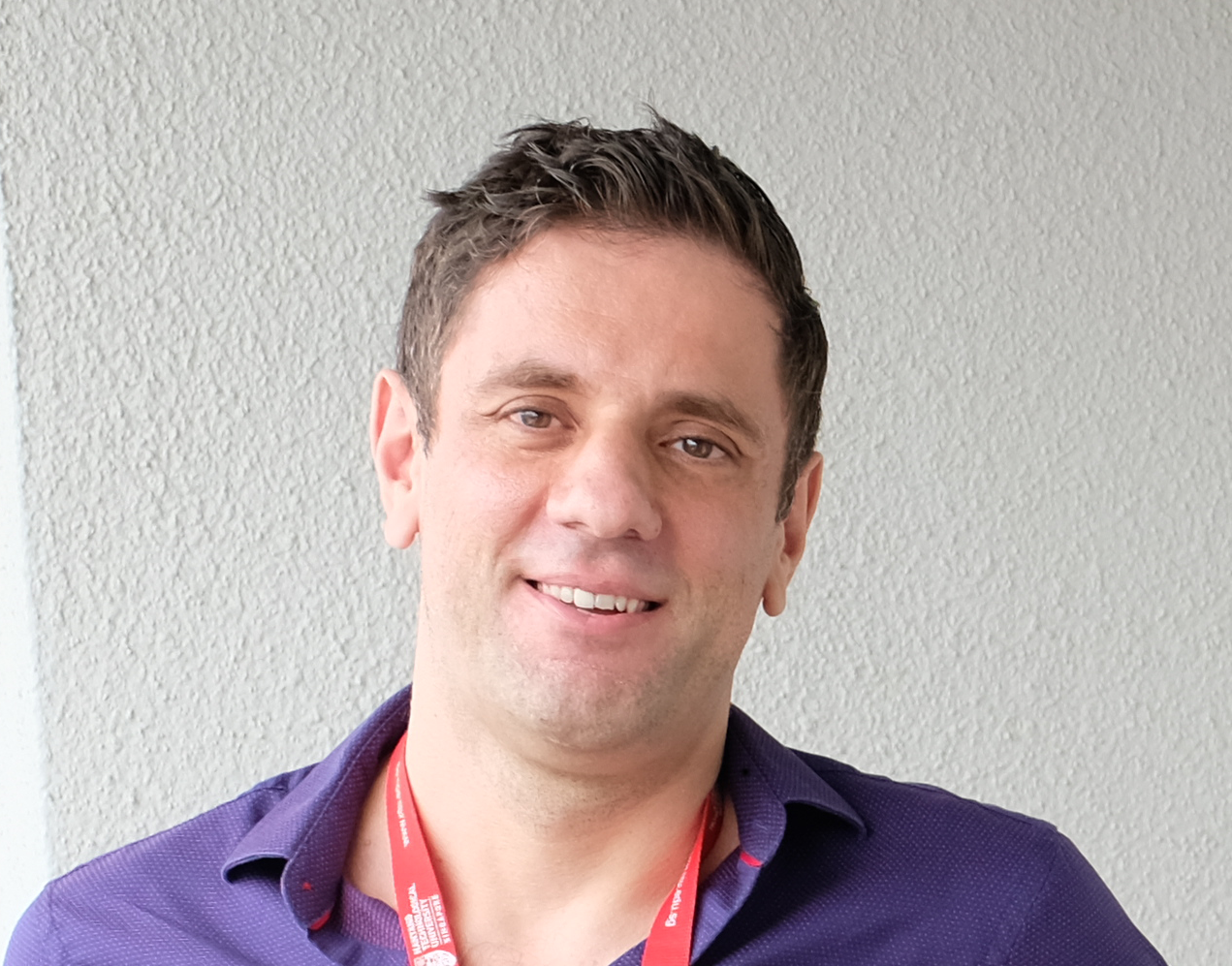
Prof. Georgios CHRISTOPOULOS
Associate Professor, Nanyang Business School, Nanyang Technological University, Singapore
Read More
Prof. Cheng Teng IP 葉靜婷 教授
Assistant Professor of the Centre for Cognitive and Brain Sciences, University of Macau
Read More
Prof. Xinfu LIAN 連新福 教授
Chief Traditional Chinese Medicine Practioner of Guangdong Provincial Hospital of Chinese Medicine, Zhuhai
Read More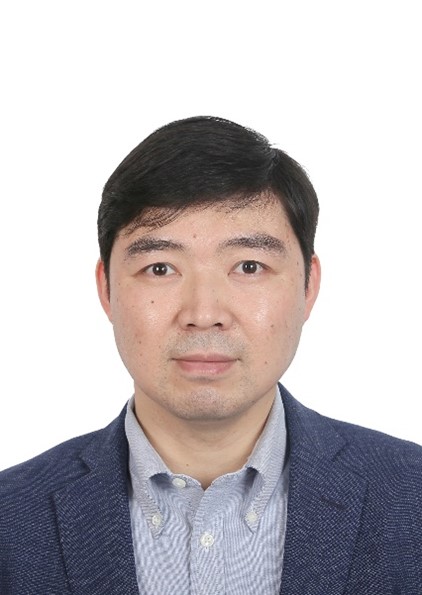
Prof. Changlin LI 李昌林 教授
Principal investigator at Guangdong Institute of Intelligence Science and Technology
Read More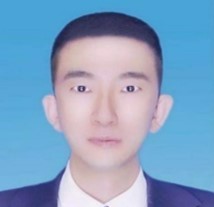
Prof. Kai LI 李凱 教授
Director of the Zhejiang International Joint Laboratory for Digital Diagnosis, Treatment, and Equipment of Integrated Traditional Chinese and Western Medicine for Major Brain Diseases
Read More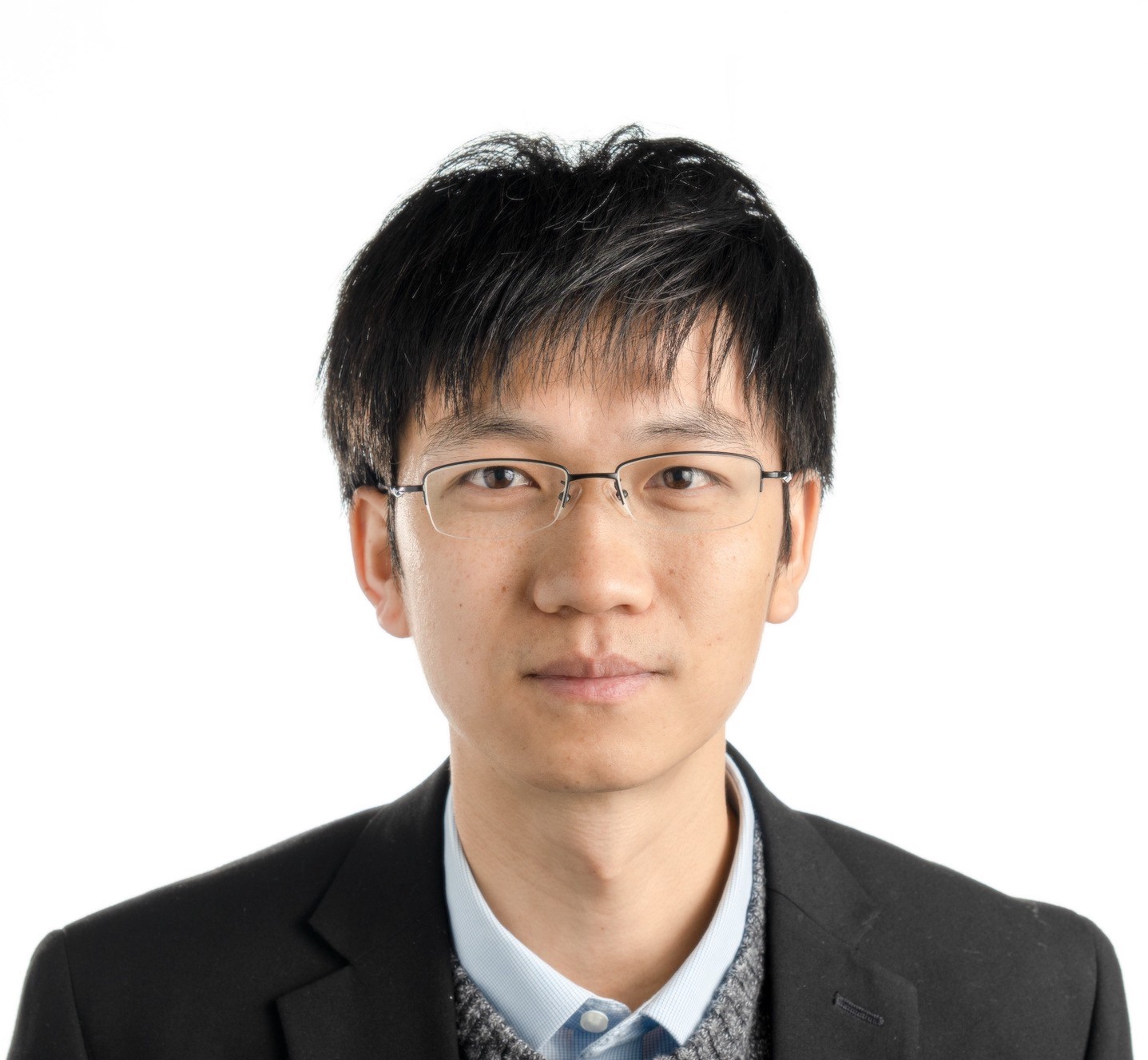
Prof. Rihui LI 李日輝 教授
Assistant Professor of the Centre for Cognitive and Brain Sciences, University of Macau
Read More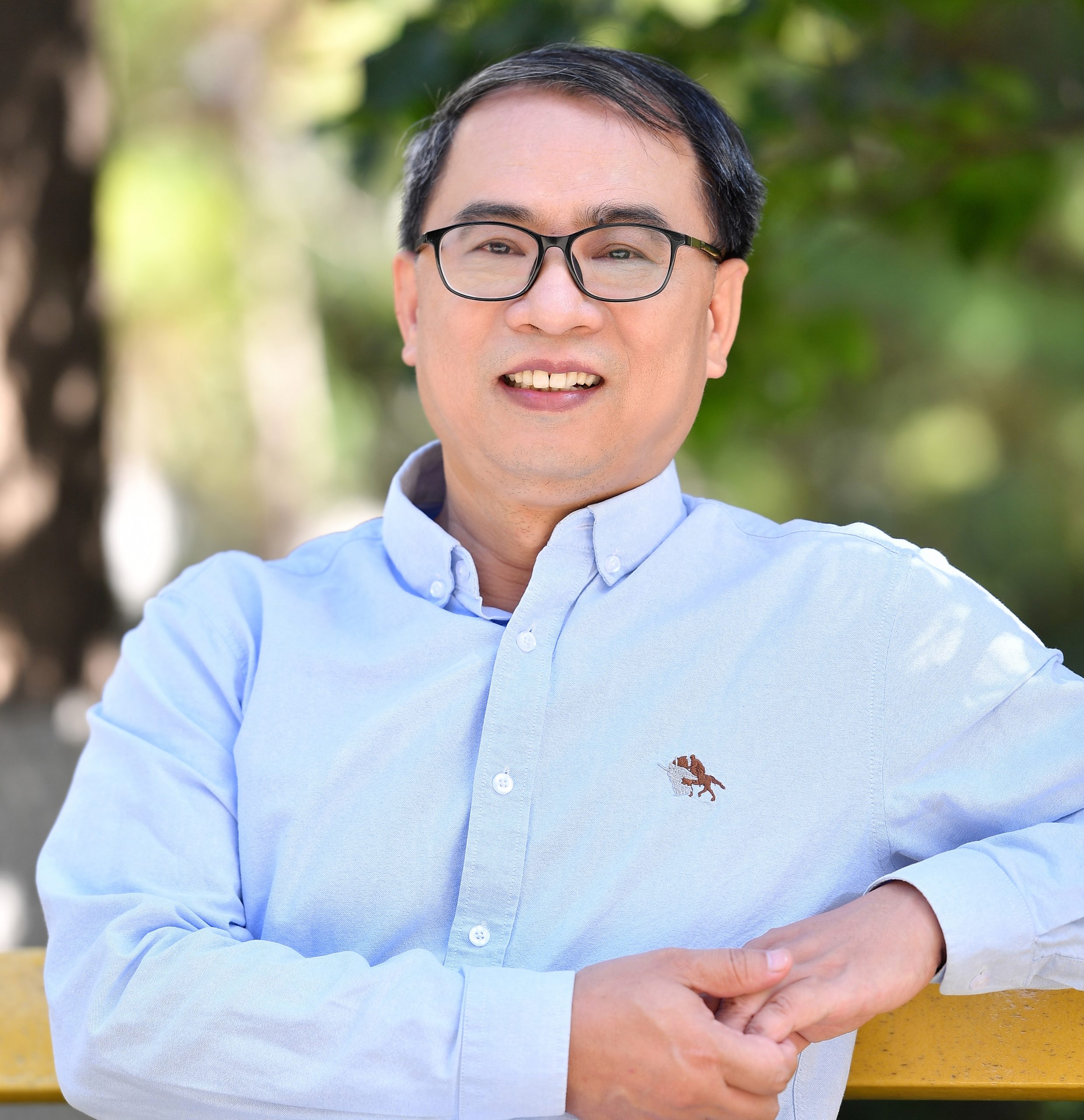
Prof. Xiaoli LI 李小俚 教授
Professor and Vice Director, State Key Laboratory of Cognitive Neuroscience and Learning, Beijing Normal University, Beijing, China
Read More
Prof. Liming LU 陸麗明 教授
Professor at Guangzhou University of Chinese Medicine, China
Read More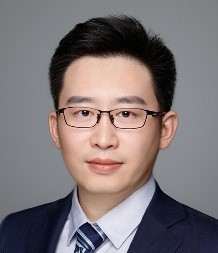
Prof. Di MU 穆迪 教授
Principal investigator at Guangdong Institute of Intelligence Science and Technology
Read More
Prof. Haijing NIU 牛海晶 教授
Associate Professor at National Key Lab of Cognitive Neuroscience and Learning, Beijing Normal University & board of directors at Society of functional Near-Infrared Spectroscopy.
Read More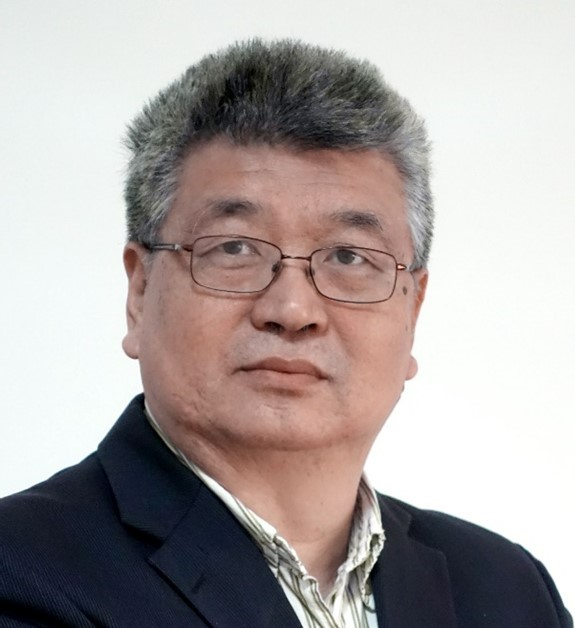
Prof. Yannan OUYANG 歐陽雁南 教授
Director, Brain Health Research Center, Zhuhai Institute of Advanced Technology, Chinese Academy of Science.
Read More
Prof. Ping REN 任平 教授
Associate Professor, Department of Geriatric Psychiatry, Shenzhen Mental Health Center/Shenzhen Kangning Hospital, China.
Read More
Prof. Zhihai QIU丘志海 教授
Principal investigator at Guangdong Institute of Intelligence Science and Technology
Read More
Prof. Ke SI 斯科 教授
Professor of the School of Brain Science and Brain Medicine, Zhejiang University
Read More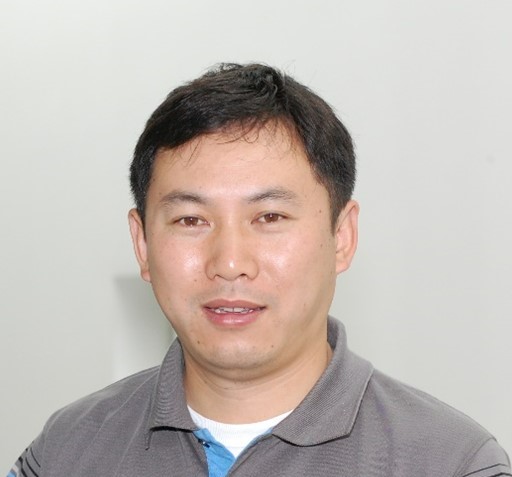
Prof. Yun SHI 石云 教授
Principal investigator at Guangdong Institute of Intelligence Science and Technology
Read More
Prof. Bin WANG 王斌 教授
Principal Investigator of the Guangdong Institute of Intelligence Science and Technology
Read More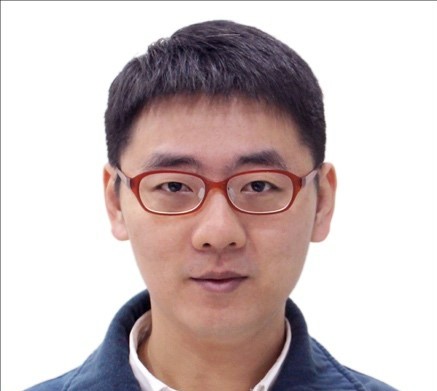
Prof. Yimin WANG王宜敏 教授
Principal investigator at Guangdong Institute of Intelligence Science and Technology
Read More
Prof. Xinping YANG 楊新平 教授
Director, Center for Genetics and Developmental Systems Biology, 2Department of Obstetrics & Gynecology, Nanfang Hospital, Southern Medical University.
Read More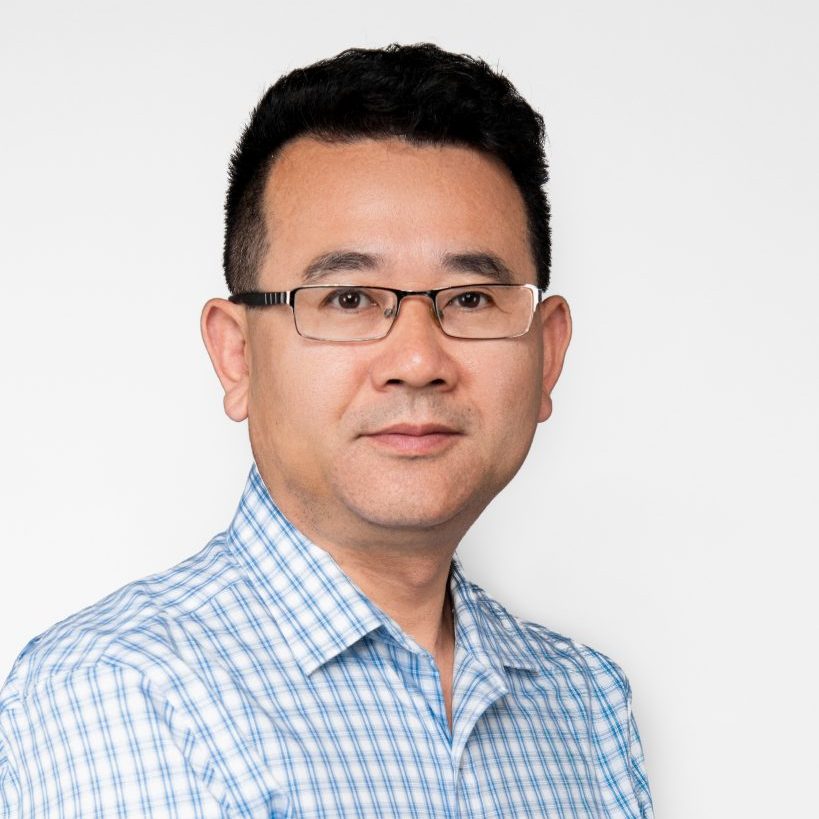
Prof. Zhen YUAN 袁振 教授
Professor at the Faculty of Health Sciences and Centre for Cognitive and Brain Sciences, University of Macau.
Read More
Prof. Dong ZHENG 鄭東 教授
Chief physician in Department of Neurology, The Affiliated Brain Hospital of Guangzhou Medical University.
Read MoreSpeakers are listed in alphabetical orders
陳洛南 教授
Speaker Bio
Talk Title
Talk Abstract
Speaker Bio
Talk Title
Talk Abstract
龔啟勇 教授
Speaker Bio
Chair (2019-2020) of Governing Committee of the Psychiatric MR Study Group of the International Society of Magnetic Resonance in Medicine (ISMRM).
Presented the NIBIB New Horizons Lecture to the 23rd ISMRM Annual Meeting in 2015.
Awarded the ISMRM Senior Fellow in 2016.
Impact Metrics: Peer-reviewed papers > 800, Google Scholar h-index >100, citations 39k (over 100 papers with >100 citations)
Other Esteem factors: Highly Cited Researcher 2018,2019 and 2022 by Clarivate Analytics; Associate Editor for American Journal of Psychiatry; Chief Editor for Psychoradiology; Editorial Board Member for Neuroradiology. Invited 1 hour keynote Lecture to the MICCAI 2019.
Brief citation of contributions: For seminal contributions to the advancement of psychoradiology and clinical translation of psychiatric MR.
Talk Title
Frontiers in Psychoradiology
Talk Abstract
孔令傑 教授
Speaker Bio
Talk Title
Talk Abstract
李湄珍 教授
Speaker Bio
Talk Title
Talk Abstract
譚力海 教授
Speaker Bio
Talk Title
Talk Abstract
Speaker Bio
Prof. Miguel Castelo-Branco (MD PhD) obtained his PhD at the Max-Planck Institute for Brain research, Frankfurt, Germany and is now Full Professor at the University of Coimbra. He has held a Professorship in Psychology in 2000 at the University of Maastricht, the Netherlands, where he is now an affiliate Professor. Before, he was a Postdoctoral fellow at the Max-Planck-Institute for Brain Research, Germany where he had also performed his PhD work (1994-1999). He is the Director of National Brain Imaging Network. He is also the Director of CIBIT, a Translational Research Institute, which was evaluated as Excellent by an International panel, was the Director of ICNAS, the Medical Imaging Infrastructure at the University of Coimbra and has entrepreneurial activity.
Talk Title
Talk Abstract
As an example of this type of effort, we confirmed for the first time in humans previous preclinical literature suggesting an inhibitory phenotype (altered GABA neurotransmission) in Neurofibromatosis Type 1 (NF1), one of the most common neurogenetic conditions. The demonstration in humans of a pre and postsynaptic GABA phenotype in NF1, comparable with our imaging findings in animals, paved the way for a testable therapeutic target.
We finally address the use of novel therapeutic approaches in ASD, using Neurofeedback, Brain Computer Interfaces coupled with Serious Games and Brain Stimulation.
李凱 教授
Speaker Bio
Talk Title
(The reporting language is Chinese)
Talk Abstract
陸麗明 教授
Speaker Bio
His research interests include Chinese medicine clinical research methodology and clinical evidence evaluation based on artificial intelligence algorithms.
Talk Title
Talk Abstract
To investigate the efficacy and safety of acupuncture in the treatment of MMT, we designed a randomized controlled trial and analyzed the clinical results using rigorous statistical methods.Further, we applied AI technology to a secondary analysis of the clinical data collected. We used machine learning algorithms to build efficacy prediction models and analyze factors affecting clinical efficacy. Use time series analysis algorithms to visualize and distinguish population characteristics and provide evidence for future personalized treatment programs.
連新福教授
Speaker Bio
Talk Title
Taking care of our overall health begins with cultivating our brains.
Talk Abstract
牛海晶教授
Speaker Bio
Talk Title
Brain network development and lateralization in children
Talk Abstract
歐陽雁南教授
Speaker Bio
Talk Title
Synaptic imbalance and cognition defect
Talk Abstract
Prof.Changlin Li
李昌林教授
Speaker Bio
Talk Title
A direct spino-cortical circuit bypassing the thalamus modulates nociception
Talk Abstract
| Nociceptive signals are usually transmitted to layer 4 neurons in somatosensory cortex via the spinothalamic-thalamocortical pathway. The layer 5 corticospinal neurons in sensorimotor cortex are reported to receive the output of neurons in superficial layers and their descending axons innervate the spinal cord to regulate basic sensorimotor functions. Here, we show that a subset of layer 5 neurons receives spinal inputs through a direct spino-cortical circuit bypassing the thalamus, and thus define these neurons as spino-cortical recipient neurons (SCRNs). Morphological studies revealed that the branches from spinal ascending axons formed a kind of disciform structure with the descending axons from further confirmed that the axon terminals from spinal ascending neurons and SCRNs made functional synaptic contacts in the BPN, linking ascending sensory pathway to descending motor-control pathway. Furthermore, behavioral tests indicated that the spino-cortical connection in the BPN was involved in nociceptive responses. In vivo calcium imaging showed that SCRNs responded to peripheral noxious stimuli faster than neighboring layer 4 cortical neurons in awake mice. Manipulating activities of SCRNs could modulate nociceptive behaviors. Therefore, this direct spino-cortical circuit represents a noncanonical pathway, allowing a fast sensory-motor transition of brain in response to noxious stimuli. |
Prof. Xinping Yang
楊新平教授
Speaker Bio
Director, Center for Genetics and Developmental Systems Biology, Department of Obstetrics & Gynecology, Nanfang Hospital, Southern Medical University.
PI, Key Laboratory of Mental Health of the Ministry of Education, School of Basic Medical Sciences, Southern Medical University.
Talk Title
Increased NMDARs in neurons and glutamine synthetase in astrocytes underlying autistic-like behaviors autistic mouse models
Talk Abstract
Prof. Georgios Christopoulos
Speaker Bio
Talk Title
Talk Abstract
The emergence of wearable technologies gives us the opportunity to study CF&Rc in situ. The presentation will discuss and give evidence (i) how CF&Rc are manifested in physiological indexes of heart rate variability (HRV) (ii) the possibility and problems of using wearable technology to monitor CF&Rc and (iii) the emergence of Organizational Neuroscience – a brand new field that combines cognitive neuroscience with management theories to better understand human brain and mental health in context.
Prof. Dong Zhen
鄭東教授
Speaker Bio
Talk Title
Lipid metabolism and inflammatory diseases of the CNS
Talk Abstract
We detect lipoproteins and subcomponents in the serum with MRI for patients with anti-NMDAR encephalitis . And we find Higher serum lipid composition in patients with anti-NMDAR encephalitis. This study suggests that blood lipid changes may be important participants in anti-NMDAR antibody encephalitis
Prof.Xiaoli LI
李小俚教授
Speaker Bio
Talk Title
Talk Abstract
Prof. Di MU
穆迪教授
Speaker Bio
Talk Title
PBN-PVT projection modulates negative affective states in mice
Talk Abstract
Long-lasting negative affections dampen enthusiasm for life, and dealing with negative affective states is essential for individual survival. The parabrachial nucleus (PBN) and thalamic paraventricular nucleus (PVT) are critical for modulating affective states in mice. However, the functional roles of PBN-PVT projections in modulating affective states remain elusive. Here, we show that PBN neurons send dense projection fibers to the PVT and form direct excitatory synapses with PVT neurons. Activation of the PBN-PVT pathway induces robust behaviors associated with negative affective states without affecting nociceptive behaviors. Inhibition of the PBN-PVT pathway reduces aversion-like and fear-like behaviors. Furthermore, the PVT neurons innervated by the PBN are activated by aversive stimulation, and activation of PBN-PVT projections enhances the neuronal activity of PVT neurons in response to the aversive stimulus. Consistently, activation of PVT neurons that received PBN-PVT projections induces anxiety-like behaviors. Thus, our study indicates that PBN-PVT projections modulate negative affective states in mice.
Prof. Zhihai QIU
丘志海教授
Speaker Bio
Talk Title
Ultrasound neuromodulation: mechanisms and applications
Talk Abstract
Prof. Ke SI
科斯教授
Speaker Bio
Talk Title
Talk Abstract
Prof. Yun SHI
石云教授
Speaker Bio
Talk Title
NMDA receptors in synaptic plasticity and cognitive diseases.
Talk Abstract
Prof. Bin WANG
王斌教授
Speaker Bio
Talk Title
Understanding the Pathobiology of Neurodevelopment Disorders: from Genetic Variants to Functional Pathways
Talk Abstract
Prof. Yimin WANG
王宜敏教授
Speaker Bio
Talk Title
Visualization and Mass Generation of Neuroscience Data
Talk Abstract
Prof. Zhen YUAN
袁振教授
Speaker Bio
Talk Title
Optical Neuroimaging of Cognitive Functions and Brain Disorders
Talk Abstract
Prof. Peilian CHI
池培蓮教授
Speaker Bio
Talk Title
Talk Abstract
Prof. Rihui LI
李日輝教授
Speaker Bio
Dr. Li’s research focuses on developing multimodal brain imaging algorithms and computational approaches to advance our understanding of the neural mechanisms underlying typical and atypical human behaviors (e.g., social interaction, cognitive impairment).
Talk Title
Talk Abstract
Prof. Cheng Teng IP
葉靜婷教授
Speaker Bio
Talk Title
Talk Abstract
Prof. Ping REN
任平教授
Speaker Bio
Talk Title
Fronto-subcortical networks underlying financial decision-making in aging
